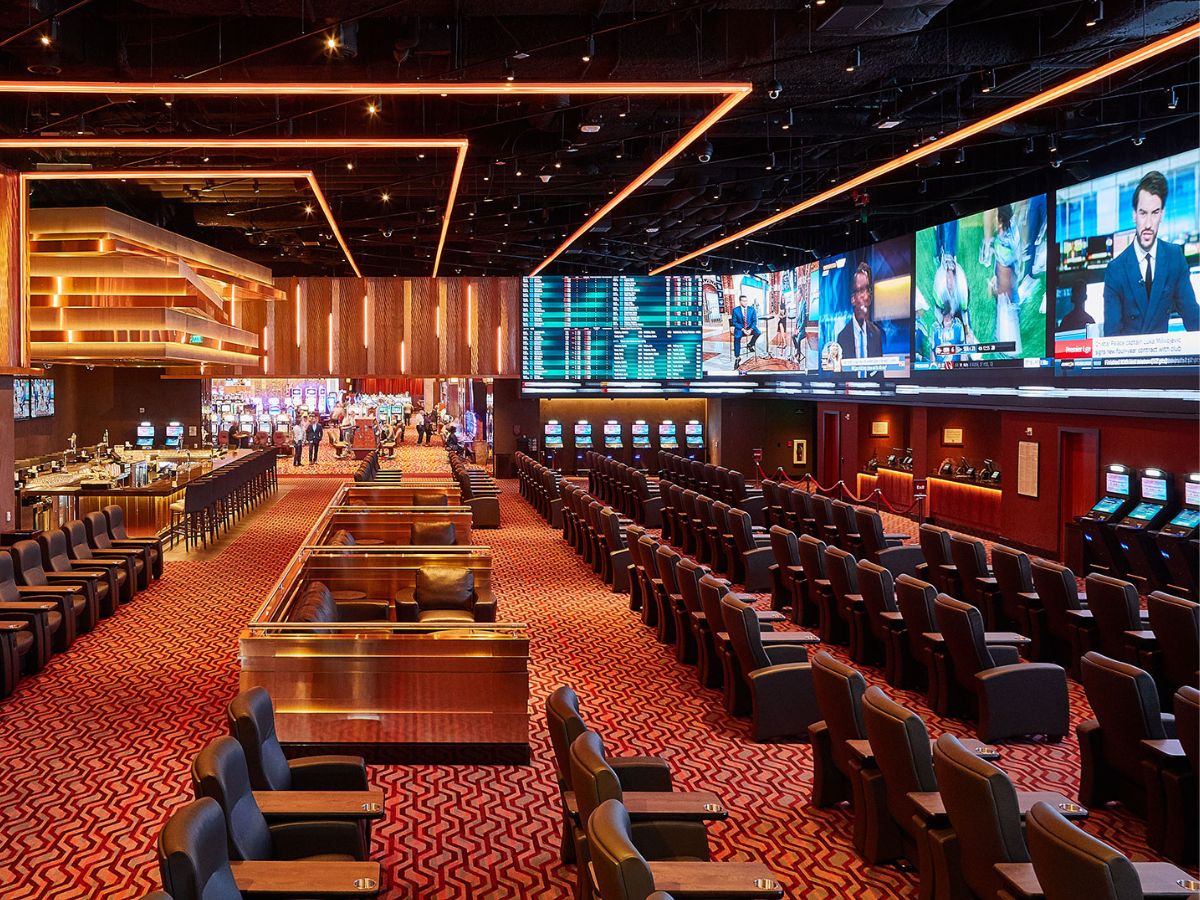When we think of gambling games, the first images that often cross our minds are those of rotating wheel wheels, poker tokens clinking on felt tables, and cubes rolling across a gaming area. While many consider these games as mere hobbies fueled by luck, a deeper exploration reveals a fascinating blend of strategy, skill, and community engagement that raises them far beyond simple luck. Regardless of whether you are a experienced player or a inquisitive newcomer, grasping the nuances of these activities can greatly enhance your experience and appreciation.
Casino activities have developed over centuries, with different cultures contributing to their diverse histories and different forms. From the intricate tactics of blackjack to the deception methods in poker, players engage in a battle of wits as much as a gamble on odds. This exciting interplay between luck and expertise creates a exciting atmosphere that draws millions to casinos worldwide. As we explore the realm of card games, we will reveal the methods that can tilt the odds in your favor and the social aspects that make these activities a favored choice for leisure and engagement.
The Approach of Table Games
Table gaming often combine a blend of ability and chance, making them fascinating for players who like a challenge. Every game has their unique set of guidelines and tactics that can affect the outcome. For example, in titles like blackjack, players are required to use strategies like card counting and grasping the odds to make informed decisions. This skill set can greatly improve the winning potential, differentiating experienced players from novices who may rely solely on chance.
In contrast, games such as the roulette may appear to be entirely based on chance, but tactical thinking can also come into the equation. Players can choose between various wagering strategies, such as the Martingale system, in which they increase their wagers after losses. This method can create a more methodical way to the activity. Grasping the probabilities of specific bets can also assist players make better decisions on the roulette table, showcasing that even in games of chance, tactics can enhance the enjoyment.
Additionally, the game of poker stands out as a title that heavily focuses on strategy. Unlike most gaming games, poker combines skill, psychology, and luck. Players must also focus on the hands they are dealt but also consider their rivals’ actions and wagering patterns. Mastering concepts like position, pot odds, and interpreting bluffs is crucial for winning. This complexity of strategy in poker often creates to a more immersive experience for players, where the decisions and abilities significantly affect the game’s outcome.
Grasping Likelihood and Ratios
In the world of gambling matches, likelihood and ratios have a crucial role in deciding a player’s possible outcomes. Every activity has its own collection of rules that define how the chance of winning or failing is calculated. For case, in matches like 21, players have a chance to modify their odds through strategy, whereas in matches like the wheel, the outcomes are purely dictated by luck. Comprehending how these probabilities are calculated can substantially impact how a gambler tackles the game. trò chơi hot tại mmlive
Ratios are typically shown in two formats: ratio and numeric. Fractional odds represent the proportion of the amount gained to the amount bet, whereas decimal odds show the total return for a winning bet, which includes the stake. For example, if a game has ratios of 5 to 1, this implies that for every one dollar staked, a gambler could gain five units if they win. Learning how to understand these ratios allows players to assess their potential earnings and formulate more informed choices during play.
Gamblers should also be conscious of the casino advantage, which is the casino’s built-in benefit over the gamblers. Each game has a different advantage, and comprehending this concept is essential for managing one’s expectations and bankroll. Activities with a reduced advantage, such as 21 and baccarat, typically offer better ratios for gamblers compared to activities like slot machines and lottery. By acknowledging the relationship between probability, odds, and the house edge, gamblers can improve their gaming engagement and strategize more effectively.

The Exciting Aspect of Table Gaming
Table games at gaming establishments are often seen as a center of community engagement, drawing participants together in a collective experience that goes far past the mere act of gambling. The atmosphere at a blackjack table can be vibrant, with players engaging not only with the game itself but also with each other. Laughter, excitement, and, occasionally, playful teasing create connections that enhance the overall experience of the gaming experience. This communal aspect can turn a solitary endeavor into a dynamic social event, making casino games particularly appealing.
One of the fascinating elements of table gaming is the way it cultivates camaraderie among participants. Whether it’s collaborating to defeat the dealer at a dice table or sharing stories between hands in a card game, the environment encourages interaction. Players often share advice or strategies, creating a sense of togetherness that enhances the fun. This social dynamic can make new gamblers feel included and less daunted by the competitive nature of gaming. mmlive As the game progresses, friendships may form, leading to a sense of connection that keeps players returning to the table.
Moreover, the social aspect of gaming at tables extends beyond just the players. Casino staff play a vital role in encouraging interaction and maintaining the flow of the game. Their ability to engage gamblers with warm dialogue and their expertise in running the table can create an inviting atmosphere. This relationship between players and staff adds another layer of enjoyment, where gamblers feel connected not only to each other but also to the staff. Such interactions are often what make the experience memorable, as participants leave with tales to tell and relationships made, reinforcing the notion that gaming at tables are truly about more than just chance.